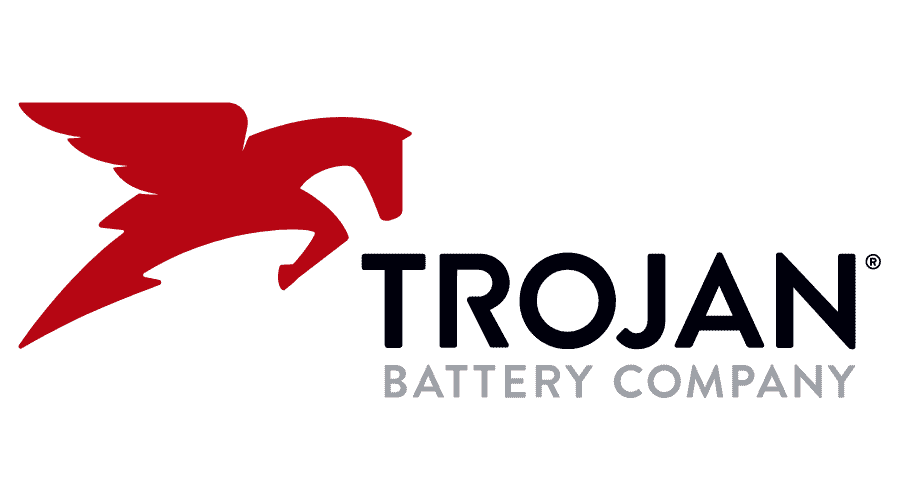by Shane Henson — April 11, 2012—The Alliance to Save Energy and the Southeast Energy Efficiency Alliance recently honored four cities on four continents for their leadership in the area of energy efficiency during the EE Global Forum, a gathering of energy efficiency professionals from all over the world.
Selected by the 50 plus-member EE Global International Steering Committee (ISC), the 2012 EE Visionary Award recipients were: Buffalo, New York; Masdar City, United Arab Emirates; Melbourne, Australia; and Tuebingen, Germany. The steering committee said these cities serve as models for municipalities around the world that seek to use energy efficiency to cut energy consumption and save money.
Buffalo, New York, and the Buffalo Niagara Medical Campus received the Americas award for creating a five-year energy innovation and economic development plan for the campus and surrounding residential community that integrates energy efficiency, grid modernization, alternative transportation and renewable energy.
Masdar City, United Arab Emirates (UAE), representing the Africa-Middle East region, is a low-carbon, low-energy and low-waste suburb emerging in Abu Dhabi to house over 40,000 residents and hundreds of businesses. As a test bed for innovation, Masdar City adheres to rigorous sustainability principles in every aspect of its urban planning and architectural design.
Melbourne, Australia, the Asia-Pacific region winner, was chosen largely for its 1200 Buildings initiative that seeks to boost energy efficiency in the city’s commercial buildings sector. It has sparked significant interest in Melbourne, with more than 200 buildings at varying stages in their retrofits. The City of Melbourne and its partners developed a unique financial mechanism, which has been legislated by the Victorian Government. It provides property-secured financing, reducing the risk for financial institutions while giving owners access to capital. It also avoids split incentives between owners and tenants by allowing tenants to contribute to the cost of the efficiency upgrades and enjoy lower energy costs. The initiative is expected to result in up to $2 billion in private-sector investment, about 8,000 new jobs, a five-million-liter cut in potable water use, and a 383,000-metric-ton cut in greenhouse gas emissions.
This year’s European winner, the city of Tuebingen, Germany, experienced an absolute and per capita energy consumption decrease by 7% and 12%, respectively, between 2004 and 2009—even as the city’s population grew by 5.3%. A variety of community-based projects in the city—including a local energy conservation campaign called Tuebingen Goes Blue, which transformed the city’s transportation system to include hybrid, electric and hydrogen buses, is just one of the community-based projects that spark energy efficiency.





